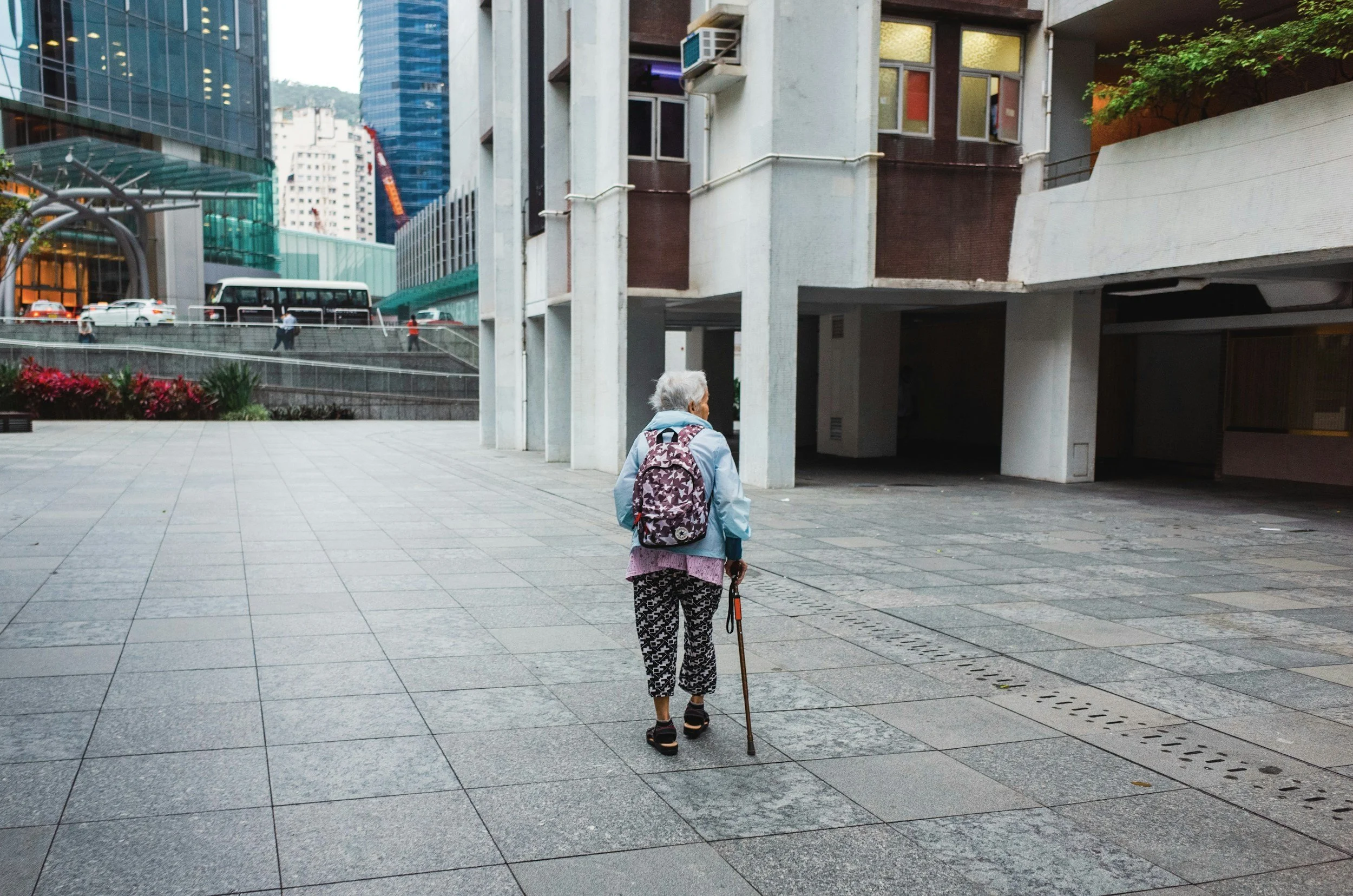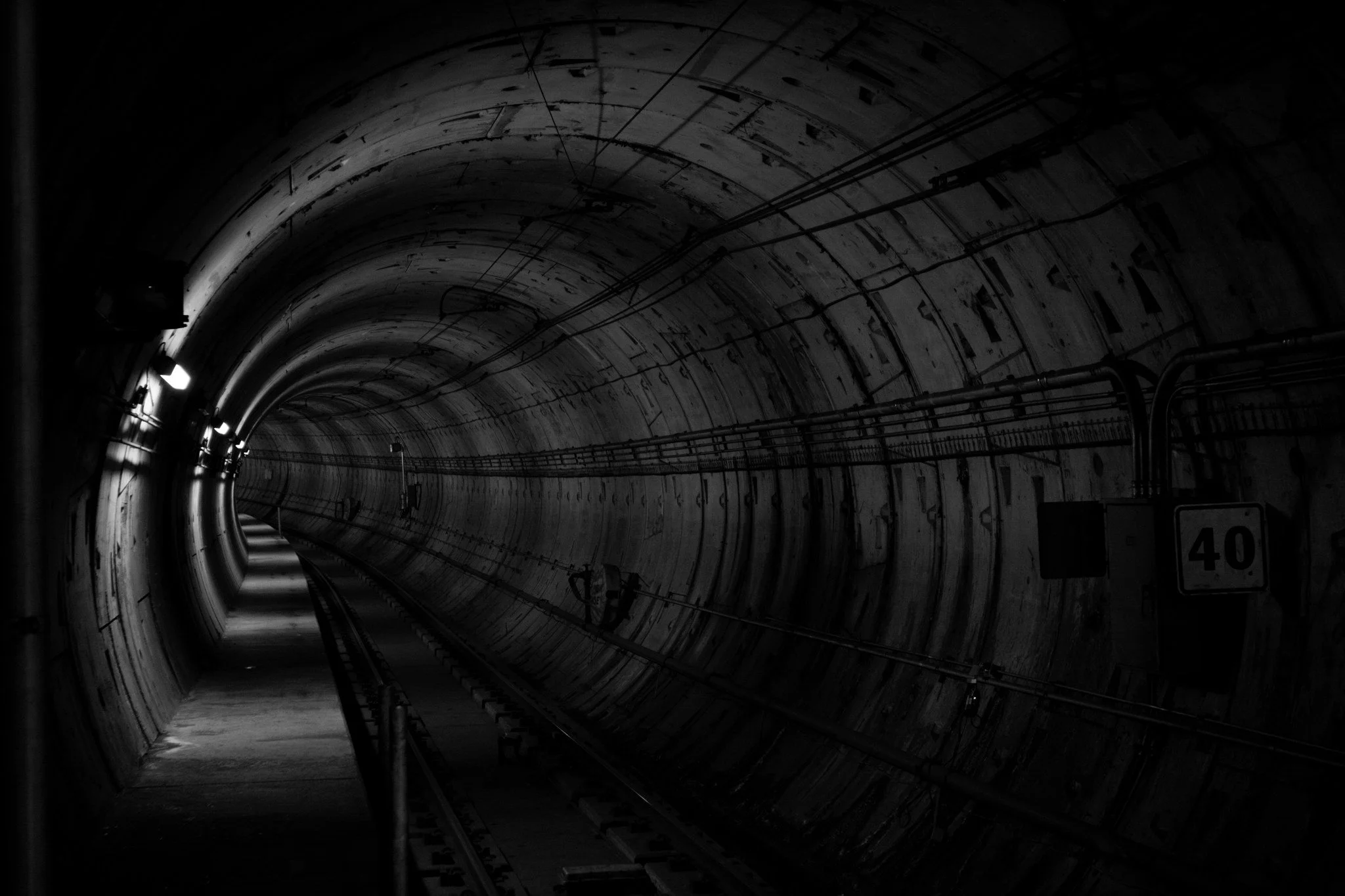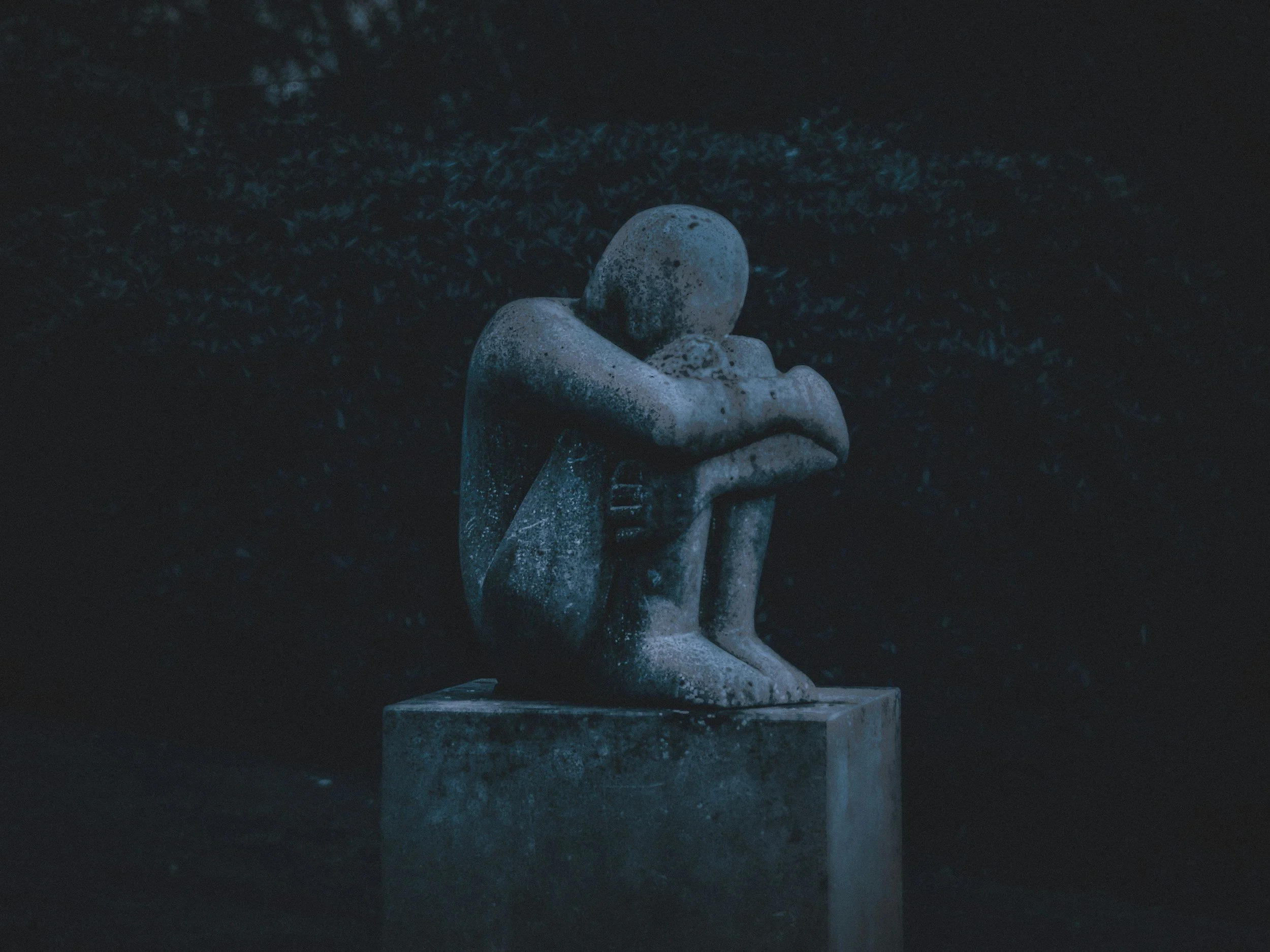
Areas of expertise
Traumatic experiences, PTSD & C-PTSD
I work with survivors of emotional, physical and sexual abuse, and domestic violence. I also work with people who have experienced other traumatic events in their lives, such as serious accidents or injury, traumatic childbirth or birth-related experiences, and complex relational trauma.
For those who have suffered through traumatic incidents and have not had the opportunity to heal, feelings such as anger, fear, confusion, guilt and shame may be sometimes feel difficult to escape, and the emotional toll can make day-to-day living extremely difficult.
I combine a client-led approach with evidence-based NICE Guidelines recommended trauma-focused interventions. I work gently and compassionately to co-create a safe space for clients to begin to process what has happened to them and its effect on their lives.
Women’s Psychology & Mental Wellbeing
The greatest passion I possess in my work as a psychologist is my work with women. Women - who undertake dramatic transformation multiple times in life - moving through adolescence, often matrescence, and through the menopause and beyond - all simply by existing. Women, whose decisions are scrutinised and judged, and who often carry and care for many on much less. Women, the matriarchs, leaders, and craftspeople of businesses, teams, and younger generations.
As a woman, you may experience life events that are medically or socially considered “normal” just because they are “common”. In reality, the impact of these events can be mentally and emotionally flooring, yet women go through them with little if any support. Here are a few statistics to illustrate how common issues affecting women’s mental health are:
1 in 5 women have been sexually assaulted
Women are twice as likely to experience anxiety than men
10% of all mothers suffer from a mental health problem
Up to 70% of all women experience psychiatric symptoms at some point during the perimenopause
Periods of transition in womanhood can be particularly disorienting, most particularly matrescence (pregnancy, childbirth and motherhood) and the perimenopause. During both of these periods, we often don't have a reference point for what “okay” looks like. Our hormones and identities are in a state of flux. As a result, there are many serious issues that women face that often go undiscussed and are brushed aside as part and parcel of being a female in these stages of life. In relation to the perinatal period, these include problems such as tokophobia (fear of pregnancy and childbirth), baby blues, adjusting to life as a mother, postnatal depression, traumatic birth experiences, separation anxiety, returning to work, and a constant re-adjusting of identity. In relation to the perimenopause, these can include loss of confidence and sense of self, forgetfulness and brain fog, increased anxiety and mood fluctuations - and this is all without taking into account the physiological changes that accompany both of these times of life.
Wherever you find yourself in your life and womanhood, I work with you on your journey to mental health and wellbeing. We work together to reflect on the place you find yourself now, and build a path towards where you would like to be. If you don’t know what this looks like, that’s fine too. Often we need to spend some time thinking about where we are and how we got here to start to think about the answers to the questions; “What now?” and “So, how?”
Anxiety & Depression
Feeling low, lonely and hopeless are all signs that it may be helpful to talk to someone about what you are going through, but this first step can seem very daunting. Likewise, many of us suffer from anxiety in our day to day lives which may make life a constant battle. We may have safety behaviours that we have to complete in order to keep our anxiety at bay and avoid panic taking over, or have a sense of dread and not understand why.
I will help you to talk through how you are feeling and accompany you in reflecting on these feelings in relation to the rest of your life. I will work with you to tailor therapy to your needs. This may mean spending time exploring the possible origins or root of feelings of depression and anxiety, or it may mean creating a formulation of the problem together and making a plan for how to, for example, reduce safety behaviours or become more active.
Relationships, Interpersonal Problems & Separation
Many of us may have grown up with challenging family dynamics, and this in turn might have had long lasting repercussions on our lives even today. Others of us might feel that we have always had strong bonds with family and loved ones, yet negotiating the demands and pressures of relationships can often be difficult.
There are times in partnerships when differences can feel irreconcilable. We change, as is natural, and we do not want to, or cannot change together. Life events can occur that turn our relationships upside down. At these times, we might consider what our options are for our future.
Very often in our relationships, the love and care we receive is conditional on our acting or being a particular version of ourselves for others. I will provide an environment of non-judgement and acceptance where you will have the freedom to explore the impact of the relationships you are concerned about. Having a space that is just for you is an empowering step towards breaking unwanted patterns in our relationships and thinking about them from new perspectives.
Ethical Non-Monogomy & Polyamory
Individuals and couples choosing to practice ethical non-monogomy (ENM) and polyamory is far from a new phenomenon, and there is evidence throughout history of people successfully navigating their lives whilst participating in consensual open relationships.
What ENM and polyamory looks like varies greatly between couples and individuals, depending on the boundaries, desires, and preferences of those participating in the relationships (which might just be you! You can still be a solo-polyamorist!). What are absolutely non-negotiable to the success of a healthy, happy non-monogamous relationship, however, are excellent communication, contracting, patience, empathy and care for one another.
As a psychologist with specialist experience in this area, I help individuals and couples by providing the pivotal space and time to explore, query, and communicate the thoughts and emotions that emerge about yourselves, your relationship(s), and your partner(s), wherever you are in relation to ENM and Polyamorous practice.
Get in touch
Can can any questions you may have, or book in an initial telephone consultation with me.





